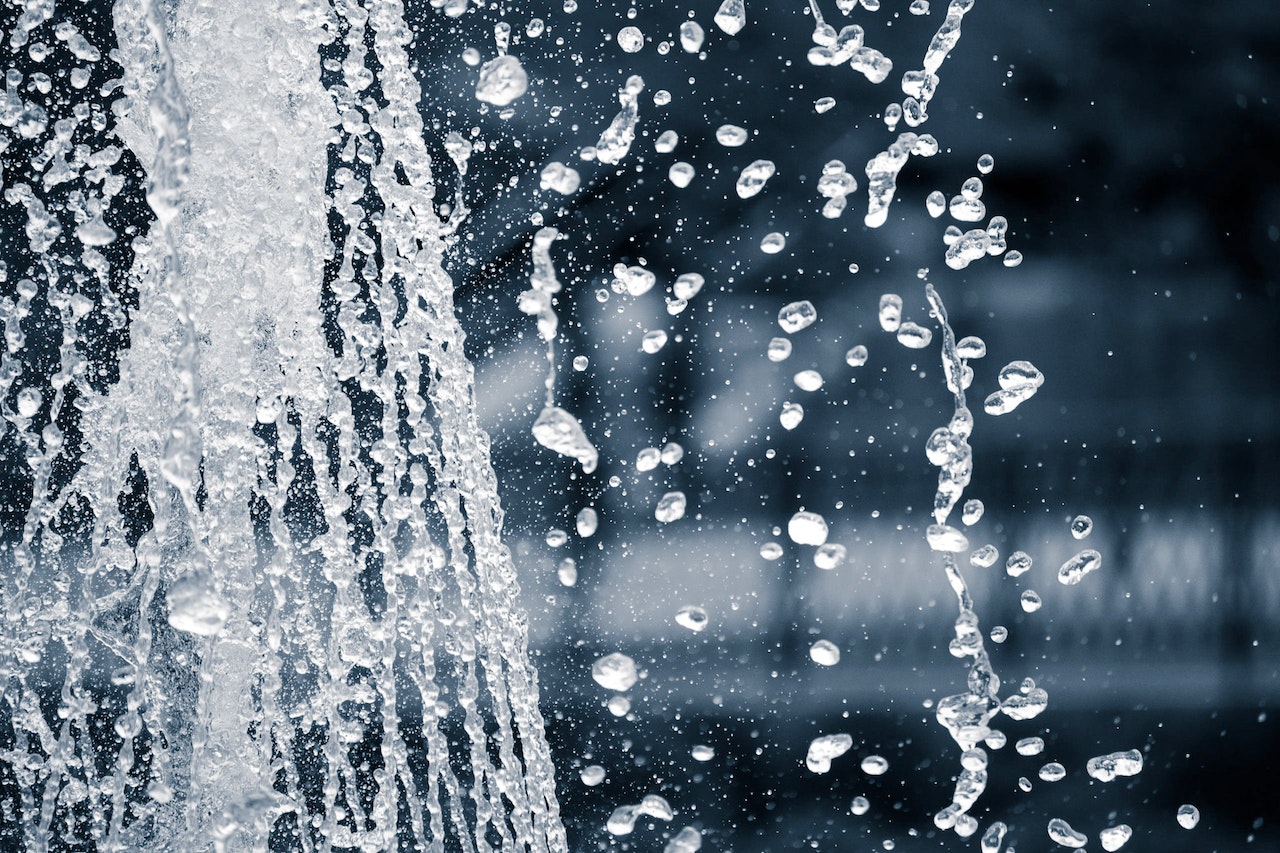
Kidney stones are a common and often painful condition affecting millions of people worldwide. When pee gets concentrated, minerals can crystallize and stick together, making these small, hard mineral deposits. While treatments for kidney stones vary depending on their size and composition, researchers are continuously exploring new avenues for prevention and management. One emerging area of interest is the use of hydrogen water, a beverage infused with molecular hydrogen gas, as a potential aid in combating kidney stones.
Hydrogen water, also known as hydrogen-rich water or molecular hydrogen water, is water that contains dissolved molecular hydrogen (H2) gas. In recent years, molecular hydrogen has gotten more attention because it might be good for your health. For example, it can lower reactive stress in the body and act as an antioxidant. Unlike other antioxidants, molecular hydrogen is exceptionally small and can penetrate cell membranes, reaching cellular compartments where other antioxidants cannot.
Hydrogen water is typically produced using a hydrogen water generator, which infuses purified water with molecular hydrogen gas. Alternatively, hydrogen tablets or hydrogen-producing powders can be added to water to achieve a similar effect. Proponents of hydrogen water claim that regular consumption can improve hydration, boost energy levels, and support overall health.
The Link Between Hydrogen Water and Kidney Stones
While research on the specific effects of hydrogen water on kidney stones is still in its early stages, several studies have investigated its potential benefits in related areas, such as oxidative stress and inflammation. It is thought that oxidative stress and inflammation can lead to kidney stones. To find out if hydrogen water could help lower these risks and prevent stones from forming, experts are looking into this.
A study in the journal “Free Radical Research” looked at how hydrogen-rich water affected oxidative stress markers in people who have long-term kidney disease. The researchers found that regular consumption of hydrogen water led to a significant decrease in oxidative stress markers compared to the control group, suggesting that hydrogen water may have protective effects on kidney function.
Another study, published in “Medical Gas Research,” investigated the impact of hydrogen-rich water on inflammation and kidney injury in rats with kidney damage induced by ischemia-reperfusion injury. The results showed that hydrogen water administration significantly reduced markers of inflammation and kidney injury, indicating its potential as a therapeutic agent for kidney-related conditions.
Potential Mechanisms of Action
The exact mechanisms by which hydrogen water machine exerts its potential benefits on kidney stones are not yet fully understood. However, several mechanisms have been proposed based on their known effects on oxidative stress, inflammation, and cellular function.
Antioxidant Activity: Molecular hydrogen is a strong antioxidant that can fight free radicals that are bad for the body and lower reactive stress. By scavenging free radicals, hydrogen water may help protect the kidneys from oxidative damage, which is implicated in the formation of kidney stones.
Anti-inflammatory Effects: Chronic inflammation is associated with kidney stone formation, and reducing inflammation may help prevent stone recurrence. It has been shown that hydrogen water can reduce inflammation, which may be one reason why it might help with kidney stones.
Improvement of Urinary pH: Hydrogen water has been reported to increase urinary pH levels, making the urine less acidic. Since certain types of kidney stones form more readily in acidic urine, maintaining a more alkaline pH may help prevent stone formation.
Enhanced Hydration: Proper hydration is essential for kidney health and can help prevent the concentration of minerals in the urine that leads to stone formation. Some proponents suggest that hydrogen water may enhance hydration more effectively than regular water, although more research is needed to confirm this.
Conclusion
While the research on hydrogen water for kidney stones is still preliminary, early findings suggest that it may offer potential benefits in reducing oxidative stress, inflammation, and urinary acidity, all of which are factors implicated in kidney stone formation. However, stronger clinical studies are needed to confirm these results and find the best amount of hydrogen water therapy and how long it should be used for preventing and treating kidney stones.
In the meantime, people who have had kidney stones before or who are at risk of getting them should talk to a doctor or nurse to get specific advice. Keeping yourself hydrated, eating a balanced diet, and taking care of any underlying medical conditions are all important ways to avoid getting kidney stones. Hydrogen water may be an additional option that is worth trying with the help of a doctor. As more study is done in this area, hydrogen water shows promise as a possible ally in the fight against kidney stones. This gives people who have this common condition hope for better outcomes and a better quality of life.
from Health Archives - Market Business News https://ift.tt/sIVyuvO
via IFTTT



0 Comments